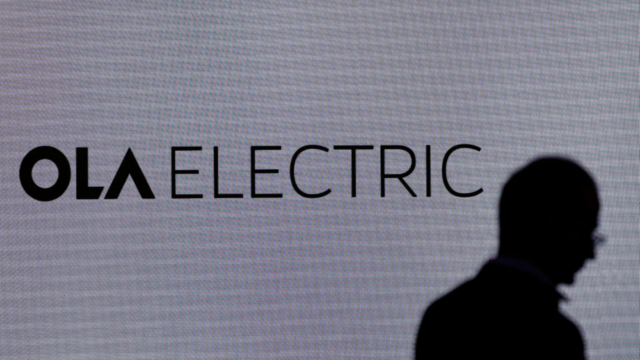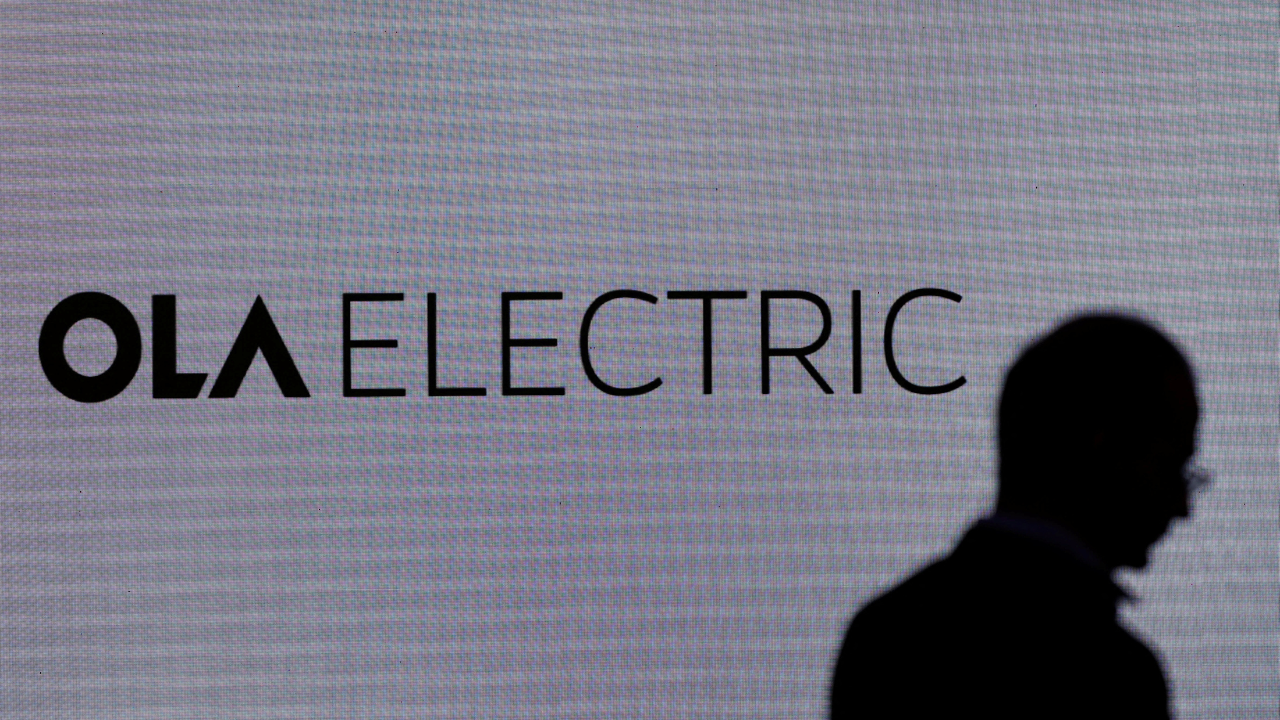
NEW DELHI: Ola Electric Mobility, backed by SoftBank, surged 20 percent to Rs 91.18, hitting the upper circuit limit against the issue price of Rs 76 on its debut on Friday. The company’s market valuation reached Rs 40,217.95 crore.
The stock had a flat debut on the bourses, with opening at Rs 75.99, marginally down by 0.01 percent from the issue price.
The Rs 6,145-crore IPO, which was the first by an electric vehicle maker, received an oversubscription of 4.27 times on the final day of bidding on Tuesday. The IPO had a price band of Rs 72-76 per share and consisted of a fresh issue of up to Rs 5,500 crore and an Offer-for-Sale (OFS) of up to 8,49,41,997 equity shares.
With a market share of 39%, Ola Electric has established itself as the leader in electric scooter sales in India, just three years after introducing its first model.
Despite the company’s impressive revenue growth, it has yet to achieve profitability. In the fiscal year ending March 2024, Ola Electric’s sales increased by 90% compared to the previous year, but its losses also widened by 8%.
According to the company’s prospectus, Ola Electric Mobility Ltd (OEML) intends to allocate Rs 1,227.6 crore from the IPO proceeds to expand the capacity of its cell manufacturing plant from 5 GWh to 6.4 GWh. Additionally, Rs 1,600 crore will be used for research and product development, Rs 800 crore for debt repayment, and Rs 350 crore for organic growth initiatives.
The Red Herring Prospectus (RHP) stated that the Phase 1 (a) and Phase 1 (b) of the Ola Gigafactory’s setup and expansion in the Krishnagiri district of Tamil Nadu will be funded through internal accruals and long-term borrowings availed by its subsidiary, Ola Cell Technologies Pvt Ltd (OCT). A portion of the proceeds will be utilized for capital expenditure incurred by OCT to expand the cell manufacturing plant’s capacity from 5 GWh to 6.4 GWh.
Ola Electric’s strategy for profitability hinges on producing its own battery cells for its scooters, which is expected to make them more affordable. The company aims to commence commercial production of the battery cells by early 2025.
The stock had a flat debut on the bourses, with opening at Rs 75.99, marginally down by 0.01 percent from the issue price.
The Rs 6,145-crore IPO, which was the first by an electric vehicle maker, received an oversubscription of 4.27 times on the final day of bidding on Tuesday. The IPO had a price band of Rs 72-76 per share and consisted of a fresh issue of up to Rs 5,500 crore and an Offer-for-Sale (OFS) of up to 8,49,41,997 equity shares.
With a market share of 39%, Ola Electric has established itself as the leader in electric scooter sales in India, just three years after introducing its first model.
Despite the company’s impressive revenue growth, it has yet to achieve profitability. In the fiscal year ending March 2024, Ola Electric’s sales increased by 90% compared to the previous year, but its losses also widened by 8%.
According to the company’s prospectus, Ola Electric Mobility Ltd (OEML) intends to allocate Rs 1,227.6 crore from the IPO proceeds to expand the capacity of its cell manufacturing plant from 5 GWh to 6.4 GWh. Additionally, Rs 1,600 crore will be used for research and product development, Rs 800 crore for debt repayment, and Rs 350 crore for organic growth initiatives.
The Red Herring Prospectus (RHP) stated that the Phase 1 (a) and Phase 1 (b) of the Ola Gigafactory’s setup and expansion in the Krishnagiri district of Tamil Nadu will be funded through internal accruals and long-term borrowings availed by its subsidiary, Ola Cell Technologies Pvt Ltd (OCT). A portion of the proceeds will be utilized for capital expenditure incurred by OCT to expand the cell manufacturing plant’s capacity from 5 GWh to 6.4 GWh.
Ola Electric’s strategy for profitability hinges on producing its own battery cells for its scooters, which is expected to make them more affordable. The company aims to commence commercial production of the battery cells by early 2025.








































